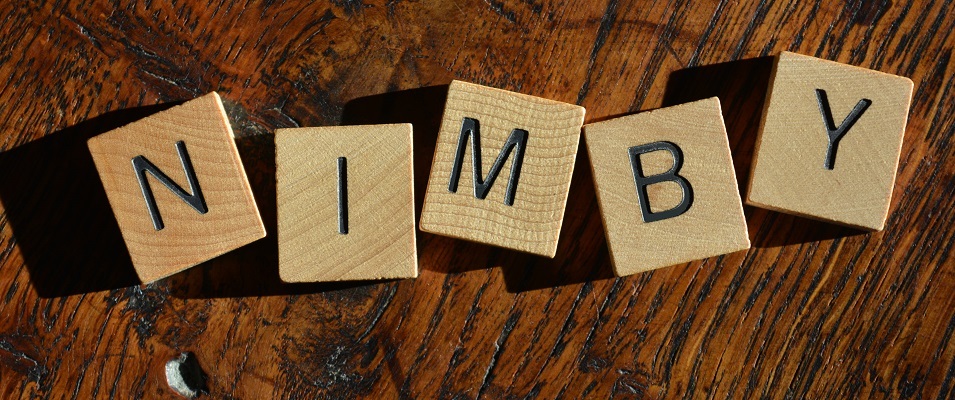
Social distancing is a subject no one was thinking about six months ago. Now it’s top of mind. The need to slow the spread of COVID-19 has us all on lockdown, and the number of faces we each see on a daily basis has shrunk dramatically in the last two weeks.
While the general themes (and memes) on social media alternate between humorous and frustrated, the unexpected lack of human contact is causing some very real experiences of isolation. It’s also causing us in the social services concern, because we know how prolonged isolation can negatively affect us—not just by making us feel lonely but also by changing our brains and our bodies for the worse.
What happens when people are isolated from one another, voluntarily or involuntarily, is both compelling and concerning. A growing body of social science research indicates that when people are prevented from being connected with each other for extended periods of time—when they live in social isolation—there are dramatic psychological effects, including increased rates of depression, difficulty in thinking and problem solving, increased feelings of anxiety and anger, increased rates of substance abuse and gambling, increased risk of suicide, and increased symptoms of personality disorders and psychosis. There is even some indication that isolation can increase the risk of Alzheimer’s.
The effects of isolation on our bodies is just as dramatic, and includes markedly higher blood pressure, heart disease, chronic illnesses, and overall increased rates of mortality.
By contrast, the benefits of social connectedness are considerable. People who are highly socially connected tend to live longer, healthier lives, with lower rates of heart disease and chronic illnesses. They also generally have lower rates of mental illness, especially depression, and seem to experience less decline in mental abilities as they grow older.
One famous study in the 1970s isolated rats and made them physically dependent on cocaine. But when those same rats were introduced to other rats, they began to ignore the drug in favour of spending time with their new community. That’s amazing!
We’ve always known we are thoroughly social beings. We live in community, it’s just our nature. But the social networks we live in aren’t just a web of relationships we have and hold; they are a framework that envelops, sustains, and helps us to remain our authentic and healthy selves. It stands to reason that removing this framework can feel very threatening to us on so personal a level.
Living through a pandemic can generate feelings of fear and helplessness. Combined with the economic stressors many of us are facing, it makes sense that Canadians are reporting increased levels of anxiety this month. What are we to do when job number one these days is “stay home and stay isolated”?
Thankfully, many people have already started to get creative in maintaining connection despite our distancing practices. Social media is booming more than ever, and while some of the subject matter trends toward negativity, the overwhelming message is one of hope and resilience. Stories about families getting creative by using video calls and other technology to stay connected are becoming the norm, even with older relatives who might have balked at using this technology before. Communities are forming online as parents, suddenly and involuntarily home-schooling their children, seek support and support each other.
For many, the internet is living up to its potential: to bring people together and connect us when we are apart.
For those of us who are struggling more than Facetime can readily fix, resources exist to help through this challenging time. Community mental health workers are still available through the regional health authorities, as are crisis and suicide helplines, and primary care locations continue to be a good first point-of-contact for individuals seeking help for a mental illness.
The Addictions Foundation of Manitoba is available to serve Manitobans, with its Rapid Access to Addictions Medicine walk-in clinics, in-house programs, and 24-hour addictions helpline still in operation.
And the Manitoba government recently announced a free online counselling service, which is intended to go into effect in the next few weeks. If you or someone you know are having a difficult time, please reach out to the resources mentioned below.
Whether it’s online or over the phone, stay connected. It’s good for all of us.




















